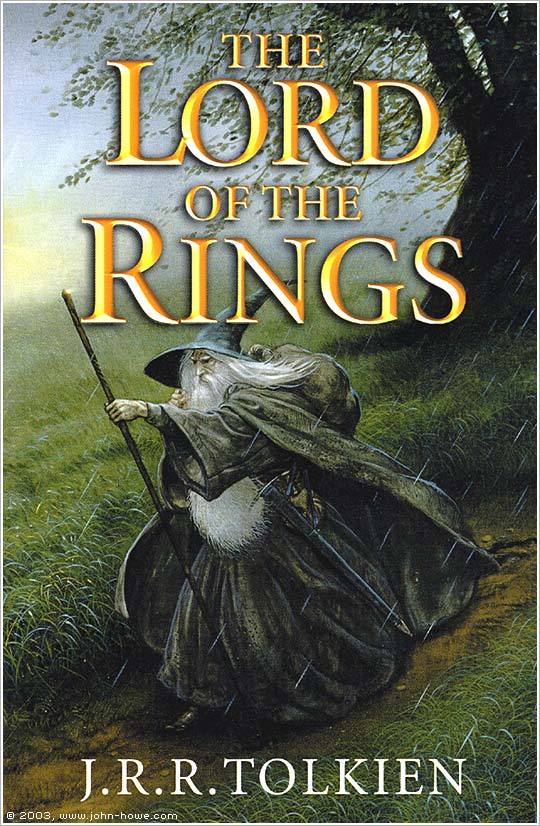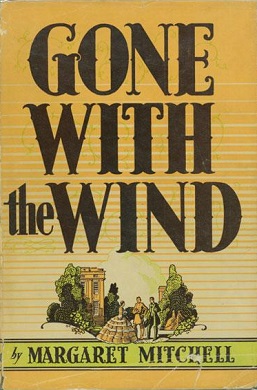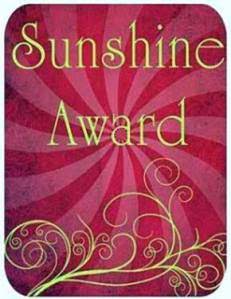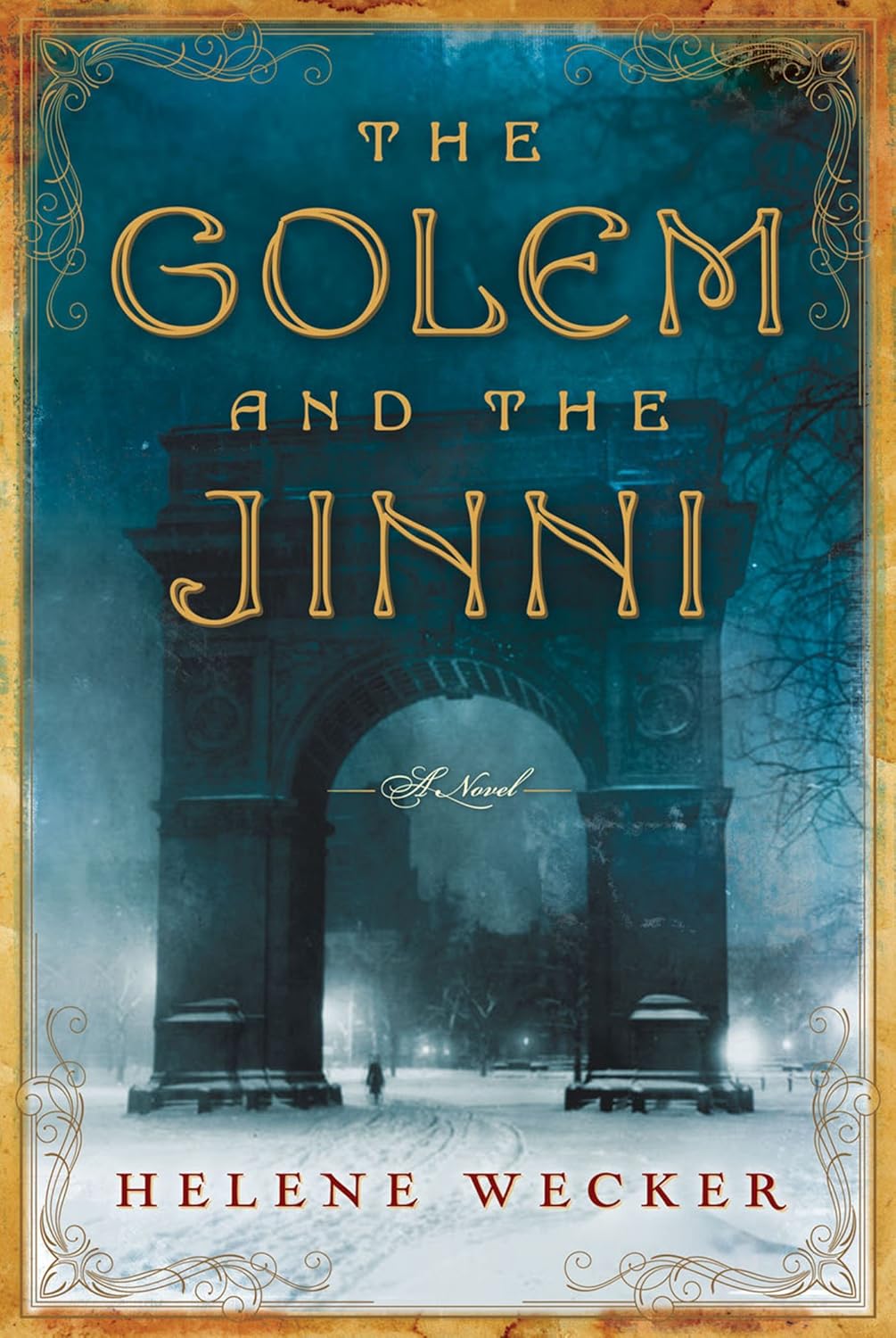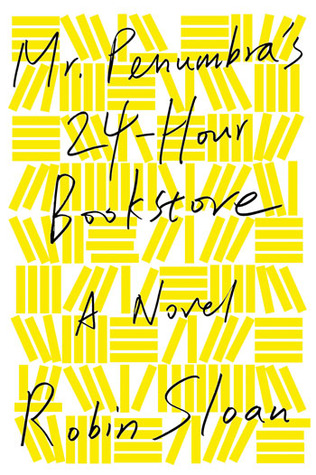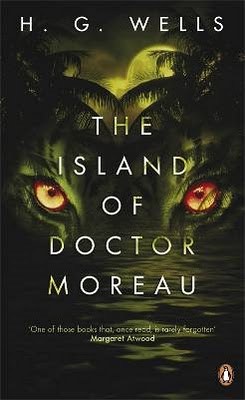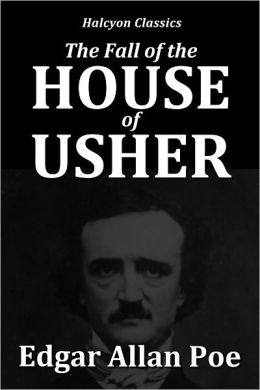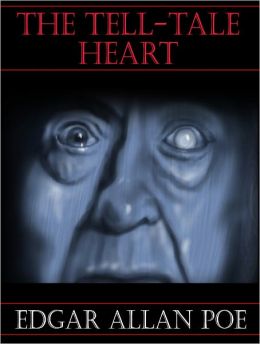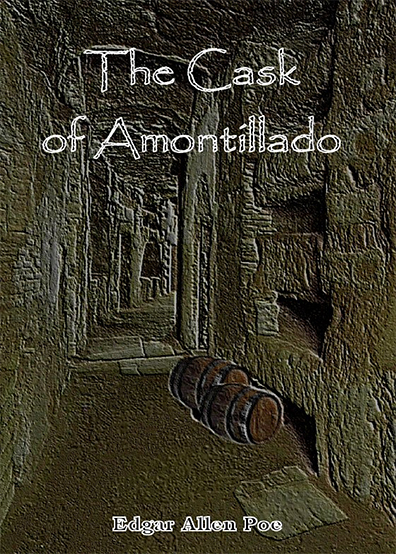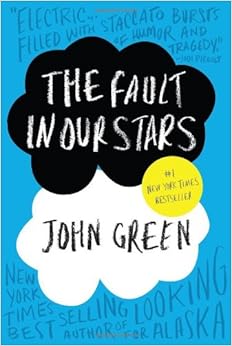
Summary
Despite the tumor-shrinking medical miracle that has bought her a few years, Hazel has never been anything but terminal, her final chapter inscribed upon diagnosis. But when a gorgeous plot twist named Augustus Waters suddenly appears at Cancer Kid Support Group, Hazel's story is about to be completely rewritten.
I finally read it.
And I see why it became the cultural phenomenon that it did. I really do see.
But for some reason - it didn't make it to that level for me.
That's not to say I didn't like it - on the contrary, it was an excellently written book, and I did enjoy it. And if it wasn't the HUMONGOUS bestseller that it is, I wouldn't feel the need to write this first part as a sort of "disclaimer" or whatever it is.
So let's dive in and talk about TFIOS. Because there is a lot to talk about.
Firstly - this is the only John Green book I have ever read. Should it have been the one I started with? Who knows? Either way, it was my introduction to his writing, and the one thing I couldn't stop thinking about it was:
Goodness, John Green clearly knows his literature.
It is so obvious to anyone who has read a good amount of classic literature (as I have) that John Green is stupendously well read. And I always love to read a well read author. It just feels good.
Because well-read authors invariably write well themselves - how can you not write well after having read all those books that make up the foundations of good literature? You have an excellent feeling for the flow of words and how they fit together to produce memorable prose.
John Green has that feeling. He writes beautifully.
Let's look at characters now.
Primarily Gus.
Why does every girl say that they are looking for their Augustus Waters? (I asked this same question about Mr. Darcy last year.)
I know Augustus is supposed to be this adorable dream guy, but seriously.
If some random guy was staring at me for that long (and yes, I know there are reasons, but Hazel didn't know them at the begining), I would get creeped out! Even if he was hot. Especially if he was hot. The hot guys are the creepier ones, especially the ones like Gus who KNOW they're hot, so they KNOW they can get any girl.
Anyway, my little rant aside, Gus turns out to be a nice guy, rather too obsessed with metaphors - but hey, I don't mind that. He's smart, literate, and cute. Not bad.
Now I'm realizing that my problem here isn't with Gus, as much as it is with his relationship with Hazel. If that's not love at first sight, I don't know what is. I thought we were OVER that in this kind of literature. It just went SO FAST and I hated that. I HATE whirlwind relationships. Yes I know they are dying and have little time but PLEASE. And this is why I don't particularly like Gus. He seems to be the one pushing the relationship, he's the bigger flirt, he speeds it all up. It sort of ruins it for me.
On to Hazel. I liked Hazel.
Is she supposed to be kinda introverted? Because that's how she seems to me. She seems like an introvert that doesn't exactly mind being around people - not shy, but not outgoing and super talkative either. Guys, I'm that way. I love it when a character is a non-shy introvert (there are so few of them), because I relate to them on a personal level. And perhaps this is another reason why I didn't exactly like Gus - I felt like I could be Hazel (if I was dying of cancer, maybe), and so I judged Gus as though he were really my boyfriend. It was super personal.
I don't know if that makes sense.
Everyone talks about how funny this book is in the face of death and how all the gallows humor is awesome, so I will ditto that. I think that this is one of the big reasons why TFIOS is such a popular book - its a humorous yet serious look at teens with cancer. A realistic look. In real life, you have to joke about your troubles or else they will overtake you.
Can I add one more thing? I love Isaac. For some reason he's my favorite character. I adore his friendship with Gus, how they support each other during their moments of hardship, how close they really are. I feel like they were closer than Gus and Hazel were.
Anyway, there's my two cents on TFIOS. If I rated books, I'd probably give it three stars - Good. For some reason this book is so decidedly rate-able (that doesn't happen often).
Have you read TFIOS? What did you think? Have you seen the movie? (I don't think I will.)
~Sophia
John Green has that feeling. He writes beautifully.
Let's look at characters now.
Primarily Gus.
Why does every girl say that they are looking for their Augustus Waters? (I asked this same question about Mr. Darcy last year.)
I know Augustus is supposed to be this adorable dream guy, but seriously.
If some random guy was staring at me for that long (and yes, I know there are reasons, but Hazel didn't know them at the begining), I would get creeped out! Even if he was hot. Especially if he was hot. The hot guys are the creepier ones, especially the ones like Gus who KNOW they're hot, so they KNOW they can get any girl.
Anyway, my little rant aside, Gus turns out to be a nice guy, rather too obsessed with metaphors - but hey, I don't mind that. He's smart, literate, and cute. Not bad.
Now I'm realizing that my problem here isn't with Gus, as much as it is with his relationship with Hazel. If that's not love at first sight, I don't know what is. I thought we were OVER that in this kind of literature. It just went SO FAST and I hated that. I HATE whirlwind relationships. Yes I know they are dying and have little time but PLEASE. And this is why I don't particularly like Gus. He seems to be the one pushing the relationship, he's the bigger flirt, he speeds it all up. It sort of ruins it for me.
On to Hazel. I liked Hazel.
Is she supposed to be kinda introverted? Because that's how she seems to me. She seems like an introvert that doesn't exactly mind being around people - not shy, but not outgoing and super talkative either. Guys, I'm that way. I love it when a character is a non-shy introvert (there are so few of them), because I relate to them on a personal level. And perhaps this is another reason why I didn't exactly like Gus - I felt like I could be Hazel (if I was dying of cancer, maybe), and so I judged Gus as though he were really my boyfriend. It was super personal.
I don't know if that makes sense.
Everyone talks about how funny this book is in the face of death and how all the gallows humor is awesome, so I will ditto that. I think that this is one of the big reasons why TFIOS is such a popular book - its a humorous yet serious look at teens with cancer. A realistic look. In real life, you have to joke about your troubles or else they will overtake you.
Can I add one more thing? I love Isaac. For some reason he's my favorite character. I adore his friendship with Gus, how they support each other during their moments of hardship, how close they really are. I feel like they were closer than Gus and Hazel were.
Anyway, there's my two cents on TFIOS. If I rated books, I'd probably give it three stars - Good. For some reason this book is so decidedly rate-able (that doesn't happen often).
Have you read TFIOS? What did you think? Have you seen the movie? (I don't think I will.)
~Sophia


